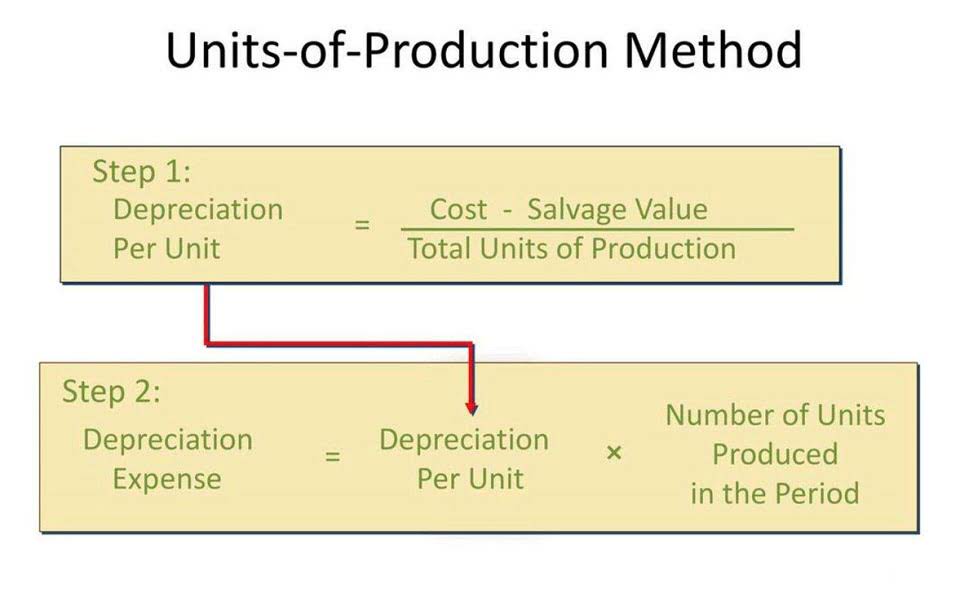Bookkeeper Job Description, Skills, Experience and Education

They’re similar to regular financial reports, except that they zero in on a particular aspect of your business. For example, if you run an online store, you can ask a bookkeeper to produce management accounts on your bestselling products. Management accounts are meant to help owners or managers of a business make decisions using financial data. The process of verifying a business’s financial report with its bank account activity is called “reconciliation.” It’s an important step in making sure all your records are correct and up-to-date. retained earnings balance sheet The daily responsibilities of a bookkeeper vary based on the type of professional you hire.

Reconciliation and Compliance
- Entry-level positions require at least a bachelor’s degree in accounting, though some employers prefer a graduate degree.
- The bookkeeper ensures that all transactions are recorded in adherence to standard accounting principles, like GAAP (Generally Accepted Accounting Principles) or IFRS (International Financial Reporting Standards).
- We’ve mentioned bookkeepers prepare documents and files for your accountant, and maybe now you’re wondering what the difference is between bookkeeping and accounting.
- They are professionals who manage an entity’s day-to-day financial transactions, ensuring that records are accurate and up-to-date.
- Some bookkeepers may choose to acquire a formal degree in accounting to broaden their career prospects.
- It is not uncommon for seasoned bookkeepers to leverage their foundation in bookkeeping as a stepping stone into more advanced accounting positions.
Corporate bookkeeping often requires a higher level of organization and accuracy due to the larger volume of financial transactions and the Accounting For Architects need for more detailed financial reporting. Popular software programs such as QuickBooks and Microsoft Excel have become vital tools in modern bookkeeping. Bookkeeping is the recording of financial events that take place in a company.
What skills are essential for effective bookkeeping?

In-house bookkeepers are typically employed by larger companies, with more complex financial systems that require a robust suite of full-time services. An outsourced bookkeeper is a third-party professional who’s been hired to handle your finances. Sometimes, your situation might not require a dedicated bookkeeper — but you could still use a hand with recordkeeping and expense tracking. Four books, on the other hand, means it’s recommended for someone dealing with more financial complexity. A bookkeeper can also consult with an accountant on your behalf to ensure you’re not missing any tax deadlines. That said, depending on the type of bookkeeper or accountant you hire, and the situation you’re using them for, they may offer overlapping services.
Adherence to Accounting Standards and Procedures
They must also be adept at data entry and possess solid numerical skills. Bookkeepers are integral to ensuring that businesses keep their finances organized. If you’re interested in a career as a bookkeeper, consider taking a cost-effective, flexible course through Coursera. At the end of the course, you’ll receive a professional certificate, which you can put on your resume to demonstrate your skills and accomplishments to potential employers.
Understanding of Accounting Principles
A business owner can absolutely manage many of the tasks of a bookkeeper. However, when it gets to a point of taking over too many hours you could otherwise dedicate to strategic plans and relationship-building, you can start to actually save money by hiring someone to do this for you. Your business needs to have accurate reports of your financial data in order for it to run effectively and grow.
- Accountants may also hold professional certifications, such as a Certified Public Accountant (CPA) license, which require advanced education and training.
- Within QuickBooks you can easily track how much money you have going out and how much is coming in.
- Bookkeepers regularly maintain the general ledger, prepare invoices, complete bank reconciliation, and assist with payroll processing.
- Bench simplifies your small business accounting by combining intuitive software that automates the busywork with real, professional human support.
This foundation of accurate and organized financial data is critical for the accountant to analyze and interpret. A bookkeeper typically manages the recording of financial transactions, including purchases, sales, receipts, and payments. They ensure that every transaction is entered accurately in the company’s ledger or accounting software daily. To enhance accuracy and efficiency, bookkeepers utilize various accounting software and tools. These resources assist in managing subsidiary accounts, processing financial transactions, and generating reports for analytical review against industry benchmarks.

Job outlook
Their work plays an essential role in the overall operation of a business, as they help management make informed financial decisions based on accurate financial data. Bookkeepers may also collaborate with accountants to facilitate compliance with relevant laws and regulations, contributing to the sustainability and success of an organization. A bookkeeper is responsible for recording and maintaining a company’s daily financial transactions. They also prepare reports for the managers and trial balances to assist the accountants. A bookkeeper may also help you run payroll, collect debts, generate invoices and make payments. A bookkeeper generates reports like income statements, balance sheets, and cash flow statements.
The demand for qualified employees is another area where accounting and bookkeeper careers are very different. According to BLS, the demand for bookkeepers is predicted to fall by 6% between 2022 and 2032 as financial software what exactly does a bookkeeper do becomes more advanced. Business owners will probably still have bookkeepers, but fewer employees will be able to manage record-keeping operations. Bookkeepers’ duties include using software and spreadsheets to record information about transactions, spending, cash flow, income and other finance-related data. They enter numbers into the system, but they do not analyze them beyond verifying their correctness. One of the first things to keep in mind when comparing the job of bookkeeper vs accountant, is that accounting careers may offer flexibility and opportunities across a wide range of sectors.
